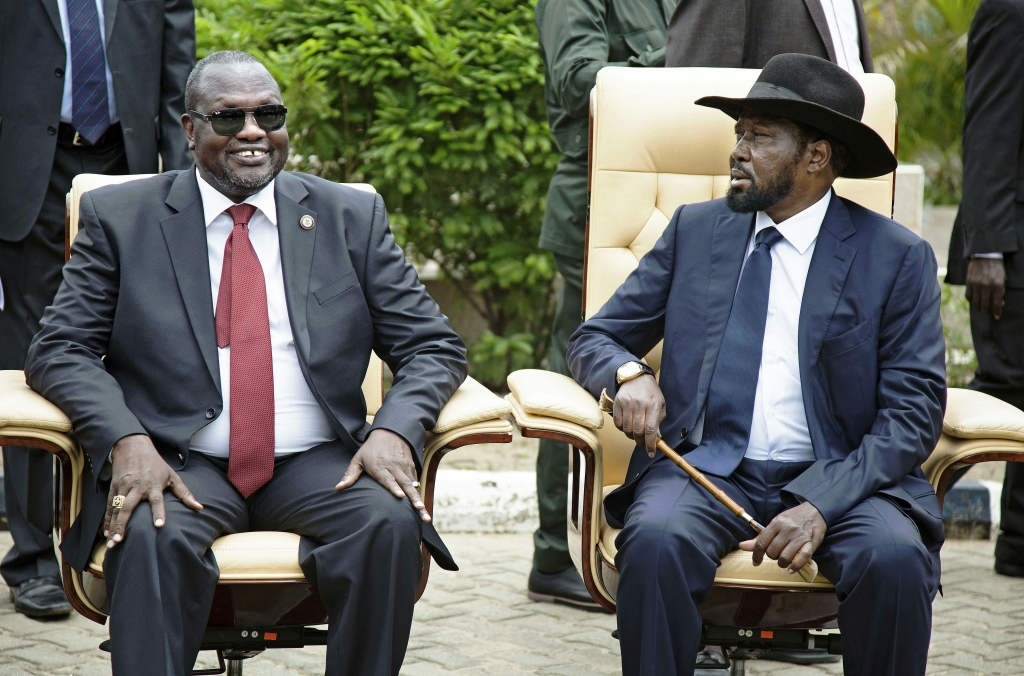-
Tips for becoming a good boxer - November 6, 2020
-
7 expert tips for making your hens night a memorable one - November 6, 2020
-
5 reasons to host your Christmas party on a cruise boat - November 6, 2020
-
What to do when you’re charged with a crime - November 6, 2020
-
Should you get one or multiple dogs? Here’s all you need to know - November 3, 2020
-
A Guide: How to Build Your Very Own Magic Mirror - February 14, 2019
-
Our Top Inspirational Baseball Stars - November 24, 2018
-
Five Tech Tools That Will Help You Turn Your Blog into a Business - November 24, 2018
-
How to Indulge on Vacation without Expanding Your Waist - November 9, 2018
-
5 Strategies for Businesses to Appeal to Today’s Increasingly Mobile-Crazed Customers - November 9, 2018
United Nations panel blames South Sudan leaders for Juba violence
There has been no sign of significant arms procurement by the opposition in recent months, the report said.
Advertisement
The report says the country’s leaders, including some military generals, have much of their wealth in the form of high-end properties in neighboring countries such as Uganda and Kenya.
“The key catalyst of South Sudan’s civil war has been competition for the grand prize – control over state assets and the country’s abundant natural resources – between rival kleptocratic networks led by President Kiir and (former) Vice President Machar”, the report says. “By the government’s own account, the vast majority of government revenue. has funded security expenses and the war effort, including the procurement of weapons, rather than social services”.
The U.N. Security Council has long threatened to impose an arms embargo on South Sudan after the country spiraled into civil war in 2013, but veto powers Russian Federation and China are wary that such a move would benefit opposition fighters because it would be harder to monitor them than to police the government.
South Sudan is experiencing severe hyperinflation, and the World Food Program said the price of food spiked by 778 percent after the July fighting.
The report comes just days after the Security Council visited South Sudan to pressure the government to allow in the 4,000 additional peacekeepers. But after less than three years as a sovereign nation, the country was plunged into civil war when Kiir accused his then-vice president Riek Machar of plotting a coup in December 2013.
The report also says officials have focused on “mobilizing their respective tribes”, which has worsened ethnic tensions.
In the wake of deadly violence in Juba in July, the council said it would discuss an arms embargo if Ban reports this month that the government was not cooperating with the deployment of 4,000 more peacekeepers and was obstructing 12,000 United Nations troops already on the ground.
A peace deal reached in August 2015 which established a unity government has been violated regularly by fighting. A joint statement by the council and the government said South Sudan accepted their deployment but, just after the diplomats left, government officials announced conditions.
“Activities by armed actors are reportedly increasing, including looting, kidnapping, and sexual violence”, it said.
Advertisement
One in five of South Sudan’s 12 million people have fled their homes since war broke out nearly three years ago, triggering widespread hunger as farmers and markets have been unable to function.





























